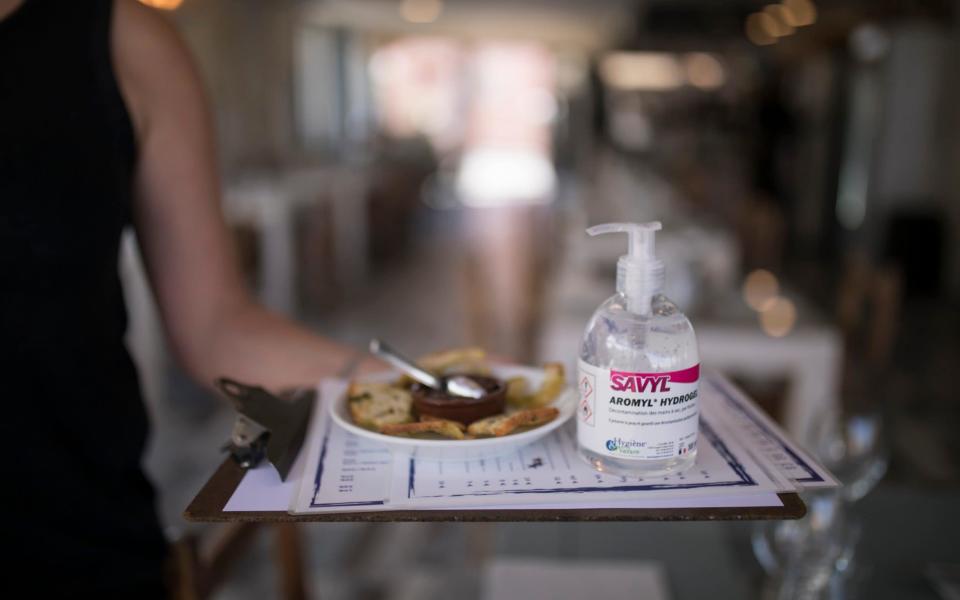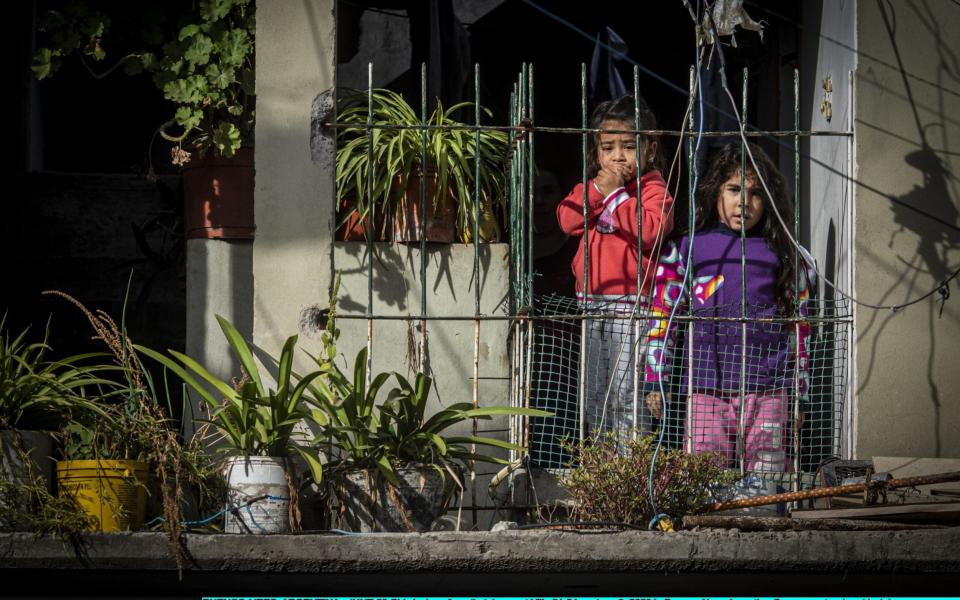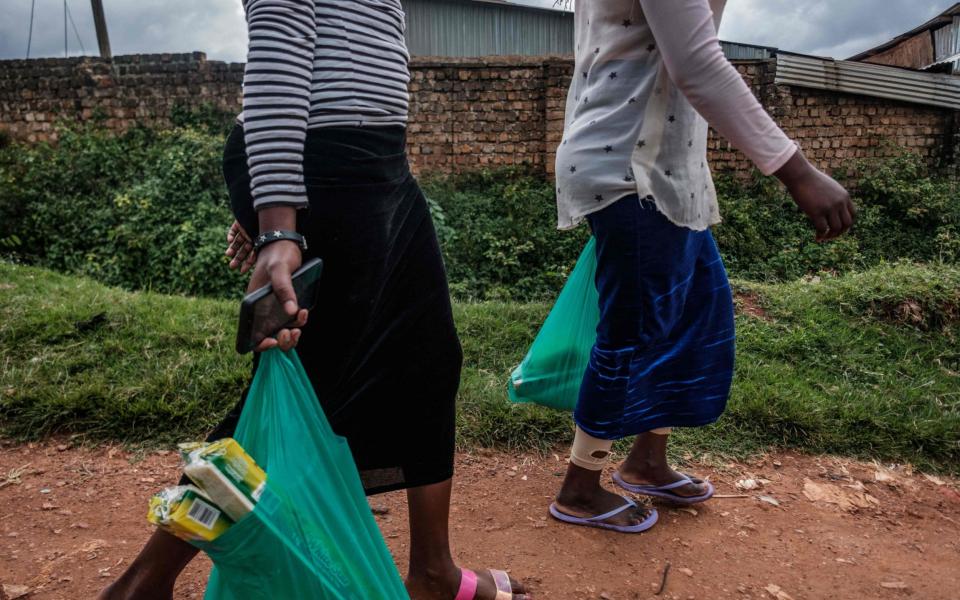Coronavirus world round-up: Brazil and Mexico report record daily death tolls


Brazil and Mexico reported record daily coronavirus death tolls as governments in Latin America battled to fortify defenses against the accelerating pandemic with fresh lockdown orders and curfews.
European nations are emerging from months of devastation with some borders re-opening, but South and Central America have become the new hotspots in a crisis that has claimed at least 385,000 lives worldwide.
Mexico on Wednesday announced more than 1,000 coronavirus deaths in a day for the first time, while Brazil reported a record 1,349 daily deaths.
Brazilian President Jair Bolsonaro has staunchly opposed lockdowns but many local authorities have defied him and, with the crisis deepening, a vast section of Bahia state was on Wednesday placed under curfew.
There was more cause for concern in Chile, where the government said it was extending a three-week shutdown of the capital Santiago after a new record for daily deaths.

French allowed to 'donate holidays' to health workers
France has passed a bill that will allow employees to “donate” their paid holidays to health workers exhausted after their 10-week battle against Covid-19.
However, the Left-wing opposition has already slammed the move as misguided, even “obscene” because they claim it is the role of the state, not individual citizens, to shell out more for the country’s underpaid medical professionals.
France’s doctors and nurses were hailed as heroes during confinement, when millions of people applauded them from balconies every evening.

Lockdown increase in Germans seeking help for alcoholism
When the coronavirus lockdown started in Germany, all Marco wanted to do was get drunk.
The 38-year-old musician from Berlin was downing about a bottle of gin every night. But as the days went on, he started to see things differently.
"Because of quarantine you're forced to look at yourself and realise, wait a second, this is not OK. This is actually a problem, this is addiction," Marco said.
Marco - speaking on condition of anonymity - reached out to a local Alcoholics Anonymous group and made the decision to get sober after 20 years of drinking heavily almost every night.
And he is far from alone in Germany, which has seen a surge in numbers of people seeking help for alcohol addiction since lockdown measures were introduced in early March.
Germany has one of the highest rates of alcohol consumption in Europe, with drinking occupying a prominent place in national culture through events such as the Oktoberfest beer festival.
But the pandemic has also prompted many people to confront problematic alcohol use, whether through increased self-reflection or because family members finally became aware of how much they were drinking, according to an Alcoholics Anonymous spokesman.

Donors urged to dig deep for world's poorest children
Prime Minister Boris Johnson will urge the world to “come together to unite humanity in the fight against disease” as he opens a summit aiming to raise at least £6 billion for lifesaving vaccines for children in the world’s poorest countries.
Mr Johnson will make his call as host of the World Vaccine Summit, where more than 50 countries and organisations will make pledges to Gavi, the Vaccine Alliance, which immunises children in developing countries.
Russia, the US and China are all hoped to be attending the virtual summit in a show of global solidarity over access to vaccines - though Vladimir Putin said on Wednesday he would not be personally attending.
Children risk abuse during lockdown
For the first two weeks of Uganda’s coronavirus lockdown, calls to the national toll-free child helpline went unanswered. The country has implemented some of the strictest restrictions in Africa, so helpline staff - not classed as essential workers - were unable to go into their office.
The helpline's closure coincided with a sharp rise in community reports of child abuse.
In just over six weeks, 1,225 protection cases were handled by social workers - an average of more than 27 a day. That compares to an average of 3.45 reports a day over a three-month period last year, according to figures seen by The Telegraph. The cases included neglect, gender-based violence and rape.
Those figures reflect a global concern.

Migrants demand to cross Panama towards the US
A group of migrants stranded for weeks near Panama's border with Colombia have threatened to burn their shelter.
They are demanding that authorities let them cross the country on their own to the Costa Rica border and on to the United States.
The migrants - from Africa, southern Asia, Haiti and Cuba - crossed into Panama through the dangerous Darien Gap from Colombia.
Border closings throughout Central America due to the coronavirus pandemic have left them stranded at shelters in Penitas, just over the border, for nearly two months.
About 2,000 migrants at the camp have complained about water and sanitation conditions and fear catching the virus, but Panamanian authorities said yesterday that they would not be allowed to continue their journey.
What you might have missed
Britain has opened talks to establish “travel corridors” with popular holiday destinations including Portugal, Greece and France as the European nations announced plans to open their borders.
Germany will advise its citizens against all travel to the UK because of the government’s coronavirus quarantine regulations.
Sweden's state epidemiologist, Anders Tegnell, has admitted that the country should have imposed greater restrictions to bring its coronavirus epidemic under control
Experts have warned that travel restrictions will be needed around the world in some form until a vaccine is found - and efforts to develop one are gathering pace.
The United States remains the hardest-hit nation in the world, with 1.85 million infections and more than 107,000 deaths, and there are fears that the ongoing wave of protests in the country over racism and police brutality could fuel the spread of the virus.
Scientists in Japan have launched a study to determine whether race plays a part in the onset of severe symptoms of coronavirus and death rates.

